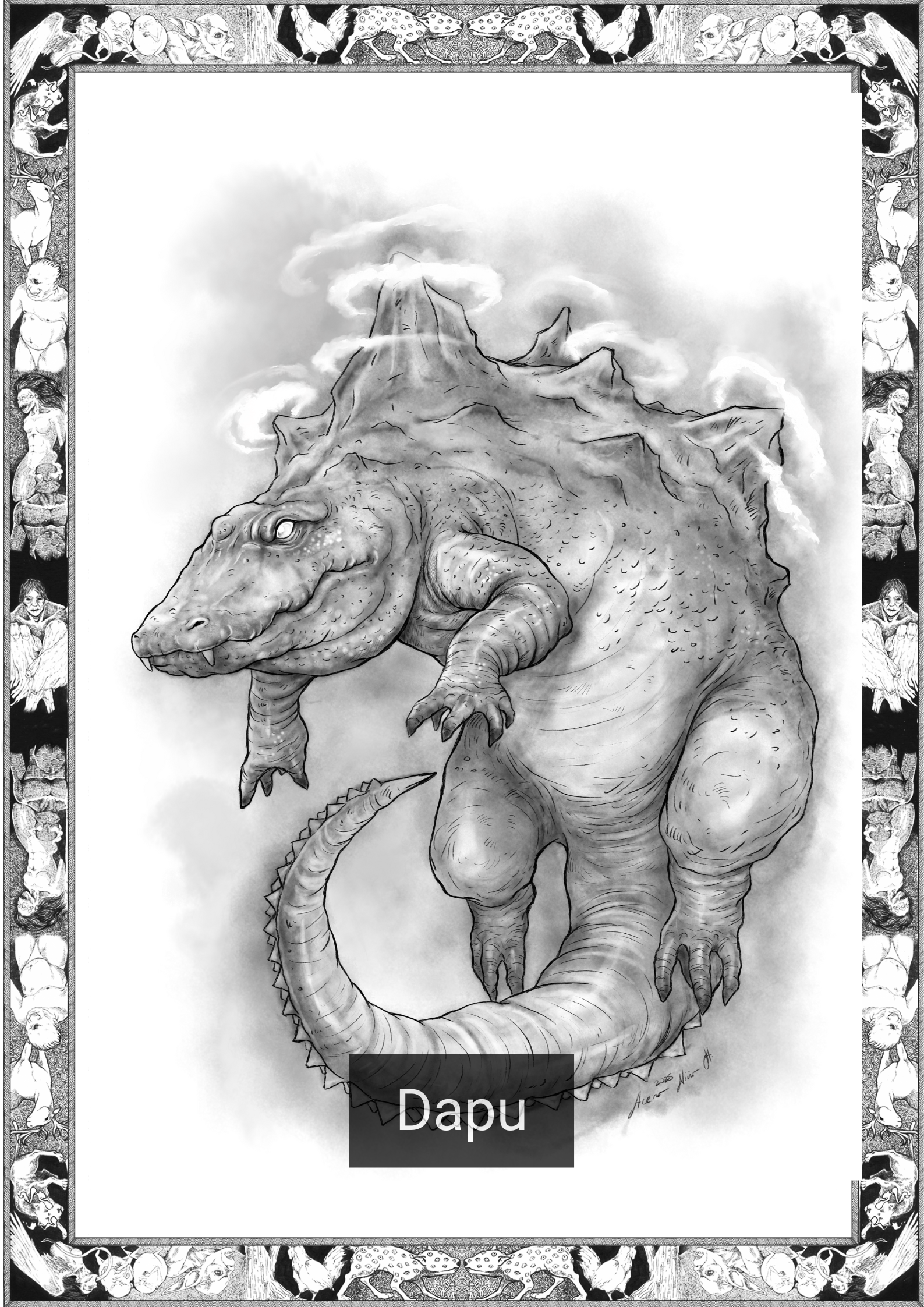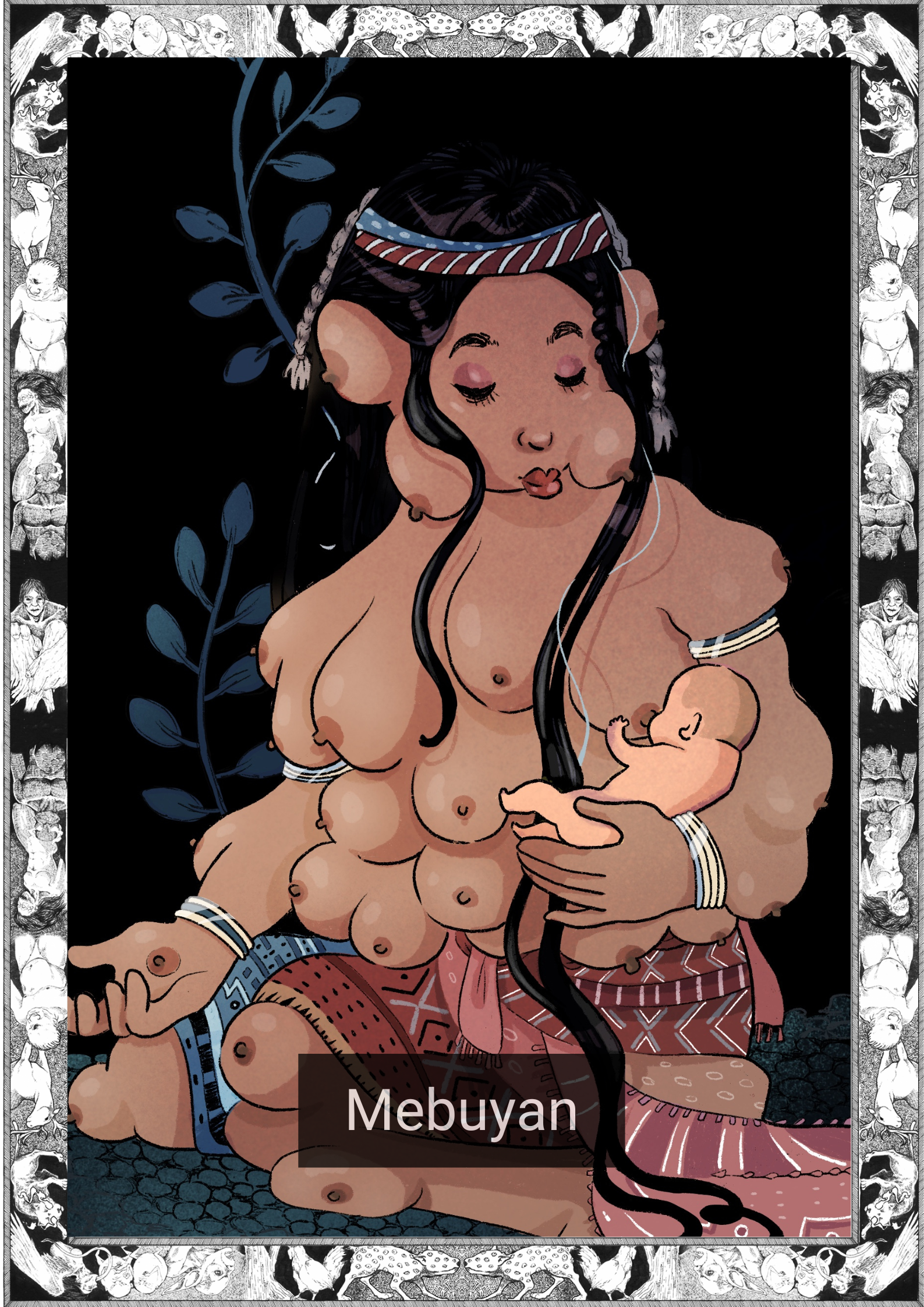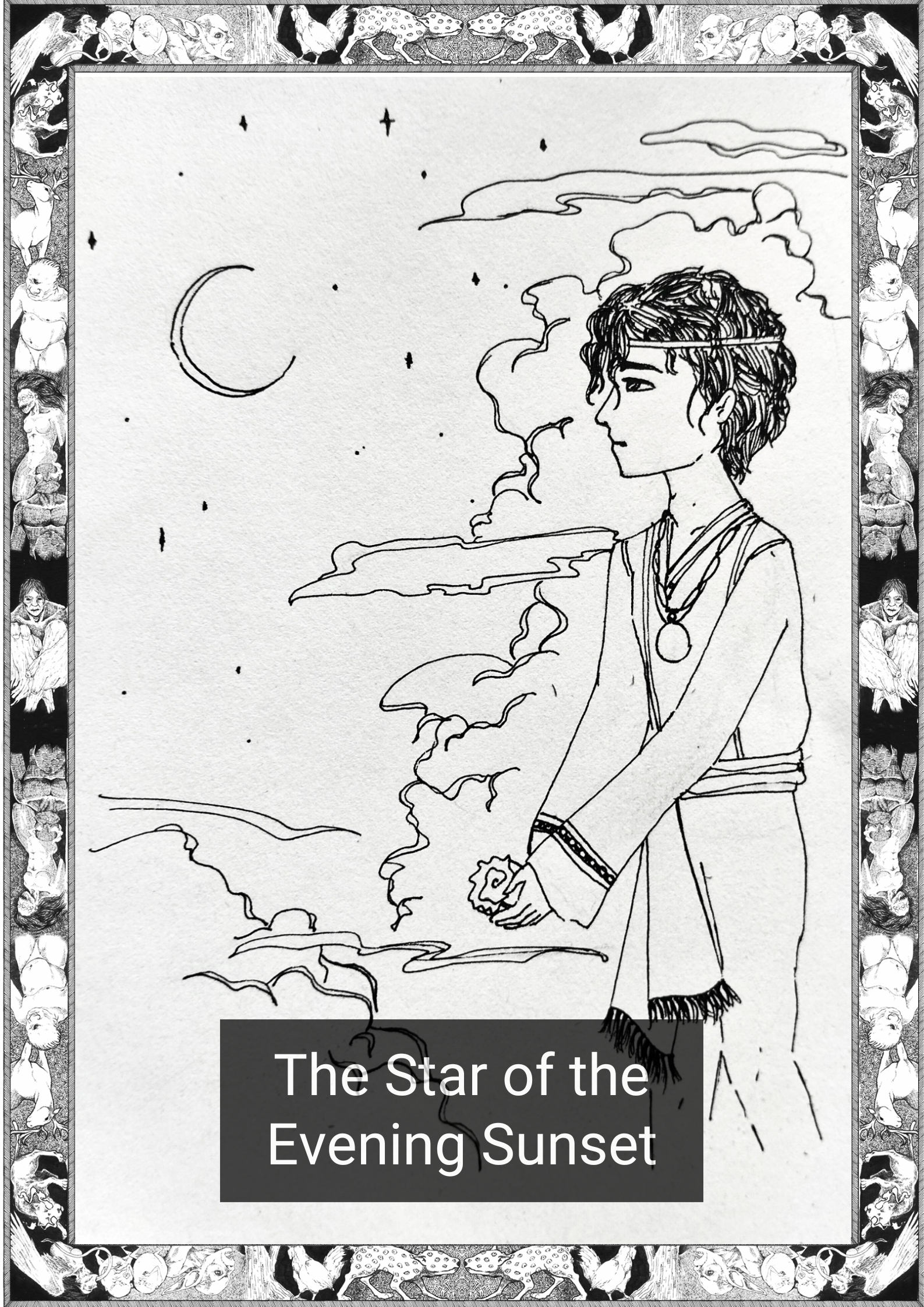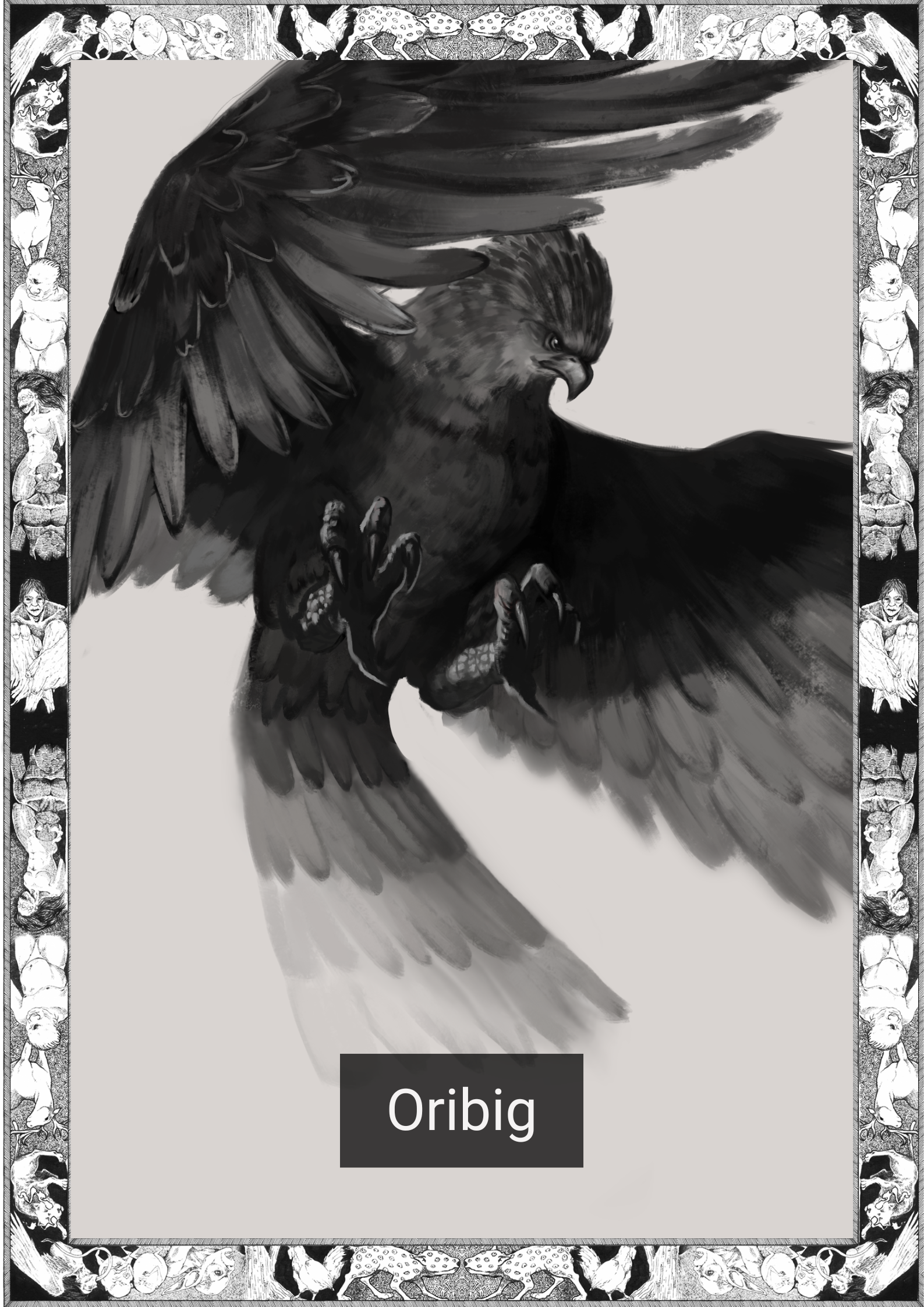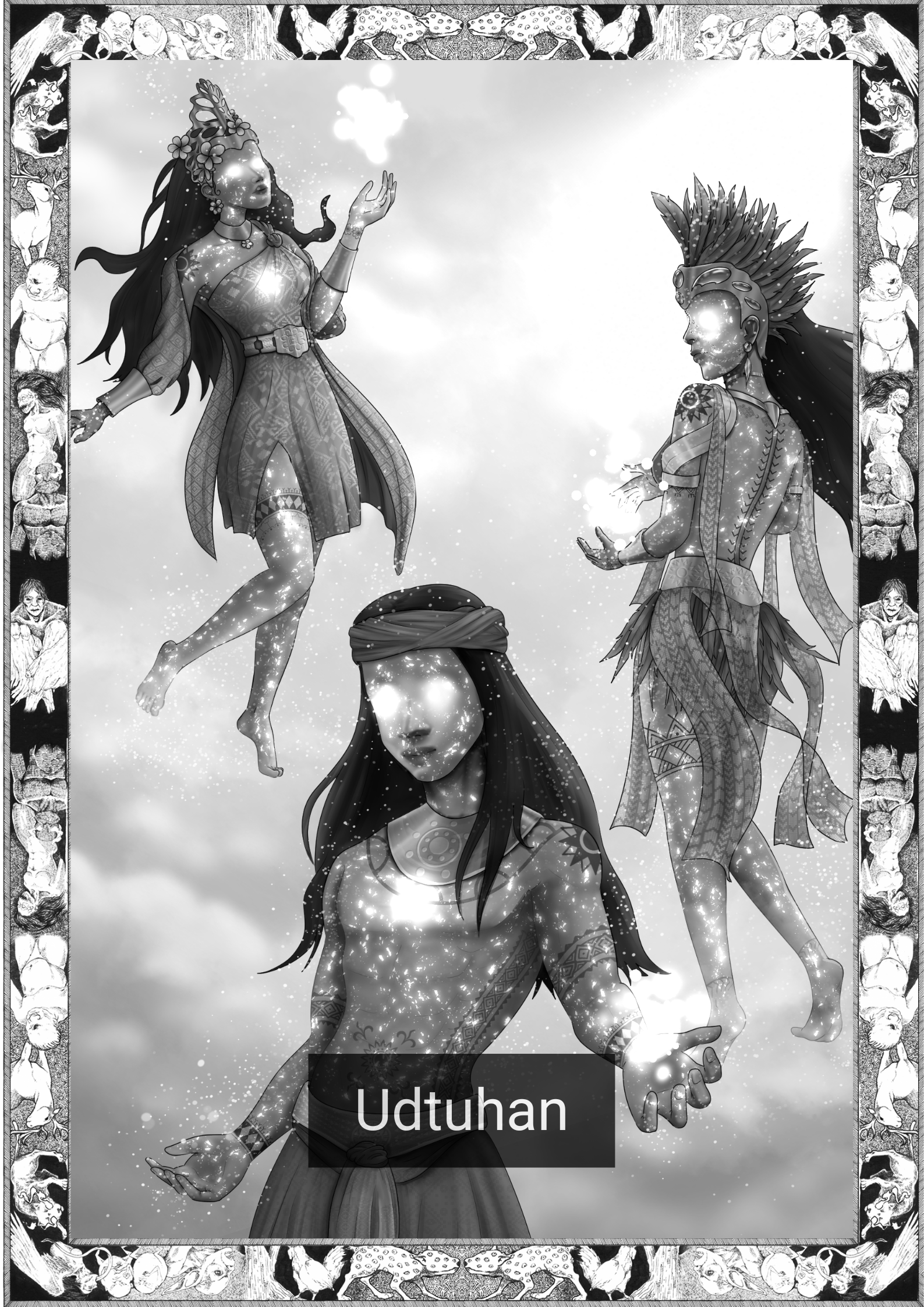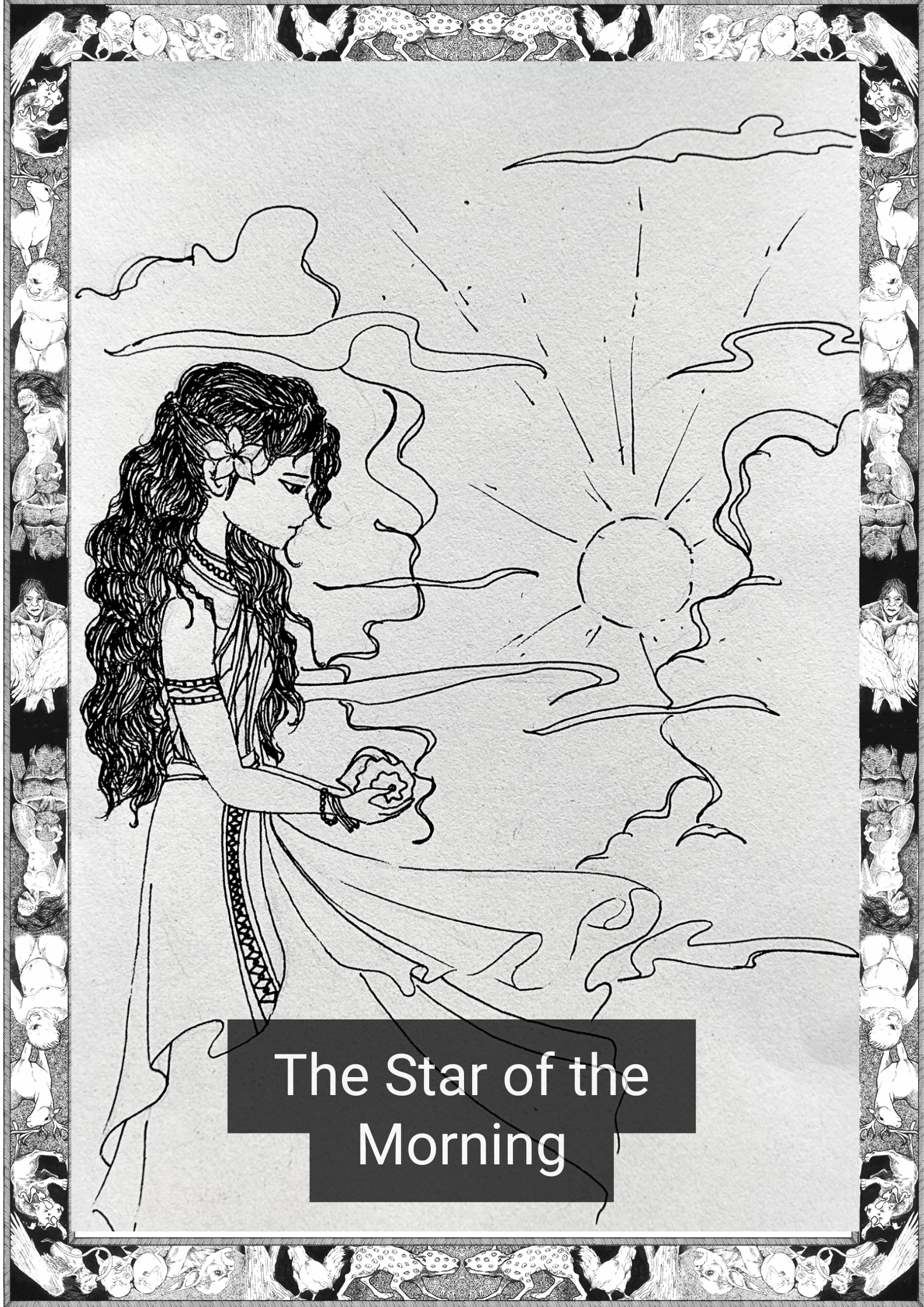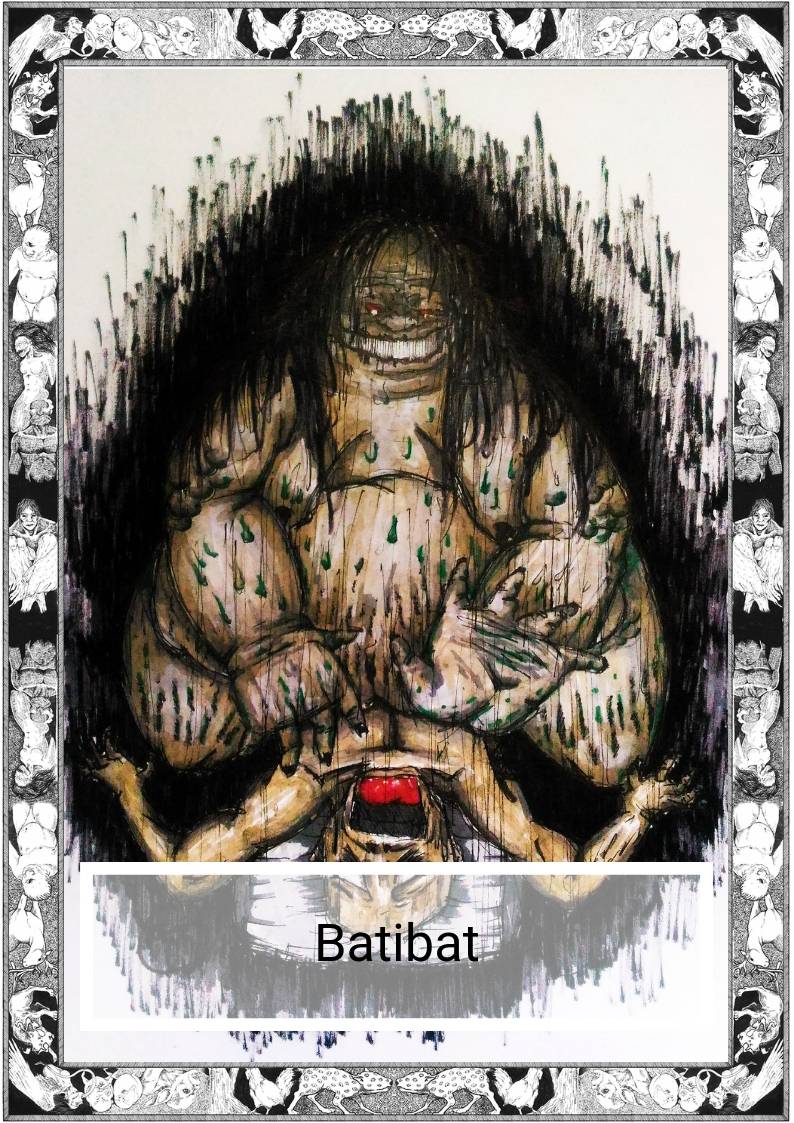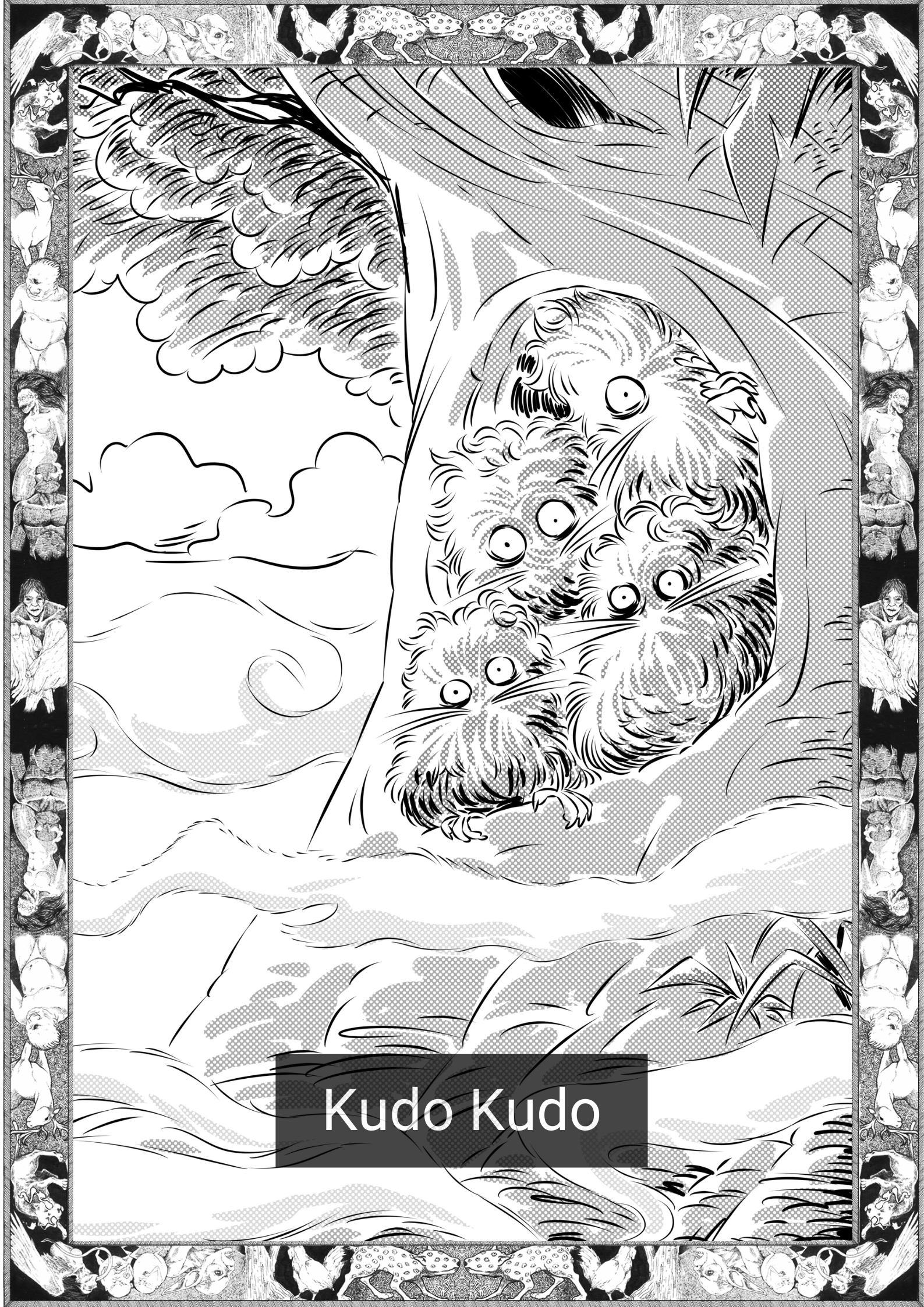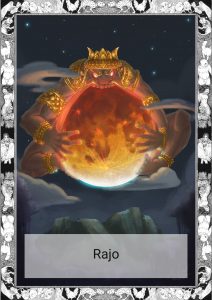
*Note this story is in Cebuano
Naay usa ka sugilanon nga gipasa gikan sa mga diyos labot sa higante ug ang bulan. Hinilom na tono lamang ang ilang paghisgot sa mga nahitabo kada eklipse ug di sila mudawat sa ilang responsibilidad aning ilang bahin sa storya.
Nagsukod kini sa bakilid sa Bukid sa Macolot.
Karon, ang mga diyos kay mabinantayon sa ilang mga misteryo. Kabalo sila nga kung ang mga tao makasulod sa ilang sekreto, gubot ra ang mahitabo, ug hangtod sa hangtod ang kailibutan kay mautro.
Maong gitago nila ilang eliksir sa mapaapil-apilong mga mata sa mga mortal, ug uban niini,ang misteryo sa kinabuhing walay katapusan.
Mao to ang nahitabo hangtod niabot ang higante.
Bisan karon, wala kabalo ang mga diyos ug giunsa pagtilaw sa higante sa eliksir.
Ingon ang uban na ni suksuk ug nitago sa bato ang higante, ug naminaw samtang nagstorya ang mga diyos. Ana ang uban na ang higante kay nagtakuban lamang na lider sa mga tao ug nag-ispiya kini sa mga diyos hangtod sa nakita niya kung giunsa paghimo sa eliksir.
Sa laing lugar, ana sila na ang higante kay demonyo nga gilimbong sa mga diyos. Diri na istorya, ang mga diyos ug demonyo gikutaw ang gatas na dagat,para makuha ang eliksir,na gitawag ug amrita. Nakita sa adlaw ug bulan ang demonyo, apan sa kani na punto, nainom na sa demonyo ang eliksir ug nahimo na kining immortal. Giputol ang ulo niini, ug matag eklipse, ginagukod sa putol na ulo ug ang kaparis na lawas niini, ang bulan ug ang adlaw.
Apan, ang higante nakahimo ug paraan para matilawan ang eliksir, ug kaparehas lamang ang resulta.
Ang kahibalo sa elixir ug sa walay katapusan nga pagkabatan-on mikalap sa kayutaan.
Syempre, wala kini tuguti sa mga diyos. Sa kasuko sa panghitabong paglapas, gipangita nila nga walay kapuslanan ang naghimo niini. Hangtod sa nitubag ang bulan sa ilang tawag.
Gisugo sa mga diyos na mutug-an ang bulan kung kinsa ang nikuha sa sekreto sa ekilsir ug gitugyan niini ang higante.
Ang higante, agi ug balos, gigukod niini ang bulan ug gisulayan pagtulon.
Ang kalibutan sa mga tao dili na mabalik sa dati kay sugod ato ila nang nakita ang gitawag na eklipse sa bulan.
Sukad ato, giampingan najud sa mga diyos ang sekreto sa iliksir na makahatag ug kinabuhing walay katapusan, gitago nila kini dili lamang sa mga tao, apan apil na pud sa mga kapares na demonyo.
=——————–=
English Version
There is a tale passed down from the gods about the giant and the moon.
They speak in hushed tones about what transpires every eclipse yet will not take responsibility for their part of the story.
It began on the slopes of Mount Macolot.
Now the gods were careful about their mysteries. They knew that if mortals would gain access to their secret pandemonium would occur and the world would be changed forever.
So, they hid their elixir away from the prying eyes of mortals, and with it, the mystery of immortality.
That is, until the giant came.
To this day the gods are unclear about how the giant tasted the elixir.
Some say the giant snuck his way in and hid beneath a rock, eavesdropping on the conversations of the gods.
Others say the giant was a mortal ruler in disguise that spied on the gods until he saw how the elixir was made.
In another land they say that the giant was a demon that was tricked by the gods. In this story the gods and demons churned the milk ocean to extract the elixir (called the amrita). The sun and moon noticed him, though at this point the demon had imbibed the elixir and was thus immortal. Its head was cut off and both the head and its body chased the moon and the sun during eclipses.
However the giant managed to get a taste of the elixir, the result was the same.
The knowledge of the elixir and of eternal youth was spread through the lands of men.
The gods did not let that stand, of course. Angered by this trespass they searched in vain for the perpetrator. That is, until the moon answered their calls.
The gods demanded that the moon tell them who took the secret of the elixir and the moon surrendered the giant.
The giant, in turn, chased the moon and tried to swallow it up.
From there the world of men would never be the same for it was then that mortals noticed the eclipse of the moon.
The gods have since been careful about the secret elixir of immortality, hiding its mysteries from mortal and demon alike.
=—————–=
*The Cebuano language, alternatively called Cebuan and also often colloquially albeit informally referred to by most of its speakers simply as Bisaya (“Visayan”, not to be confused with other Visayan languages nor Brunei Bisaya language), is an Austronesian regional language spoken in the Philippines by about 21 million people, mostly in Central Visayas, western parts of Eastern Visayas and most parts of Mindanao, most of whom belong to various Visayan ethnolingusitic groups, mainly the Cebuanos. It is the by far the most widely spoken of the Visayan languages, which are in turn part of wider the Philippine languages. The reference to the language as Bisaya is not encouraged anymore by linguists due to the many languages within the Visayan language group that may be confused with the term.
Written by Karl Gaverza
Cebuano Translation by Cristine Jane Orias
Copyright © Karl Gaverza
Translation Copyright © Cristine Jane Orias
Adapted from Aurelio P. Arguelles. Batangas Folktales. From the National Library of the Philippines, H. Otley Beyer Ethnographic Collection. http://nlpdl.nlp.gov.ph/OB01/NLPOBMN0037001055/home.htm and Jose P. Caedo. “Kinain ñg Lajo.” From the National Library of the Philippines, H. Otley Beyer Ethnographic Collection. http://nlpdl.nlp.gov.ph/OB01/NLPOBMN0037001056/home.htm
Rajo Illustration by Alvin Gasga
FB: The Art of Alvin Gasga

